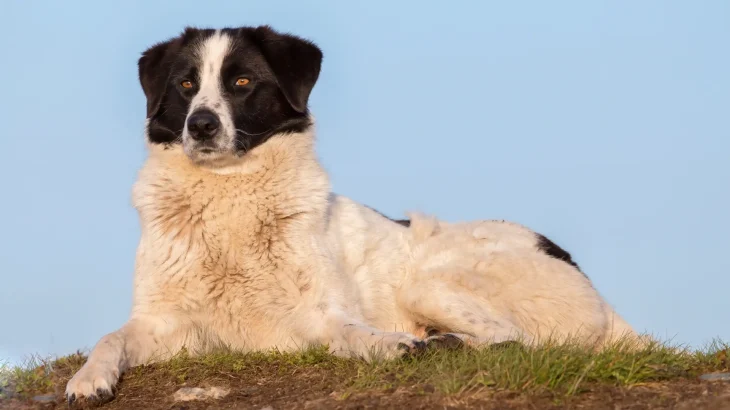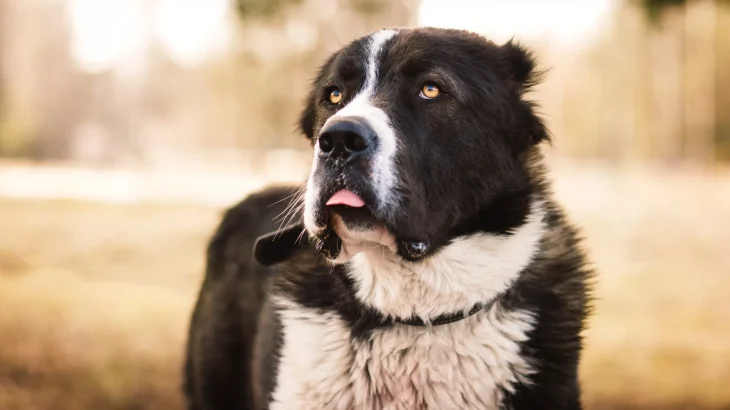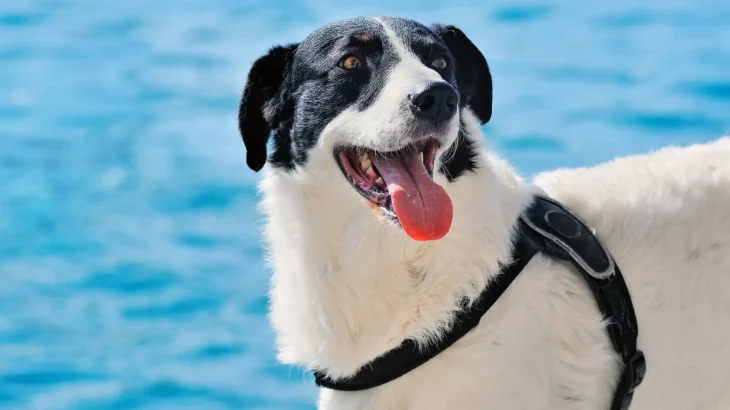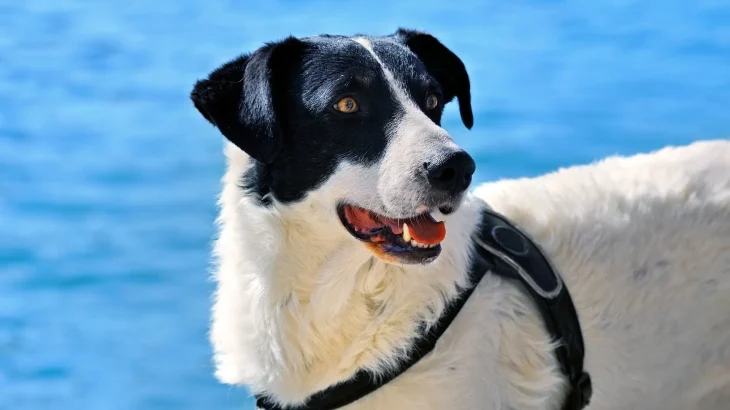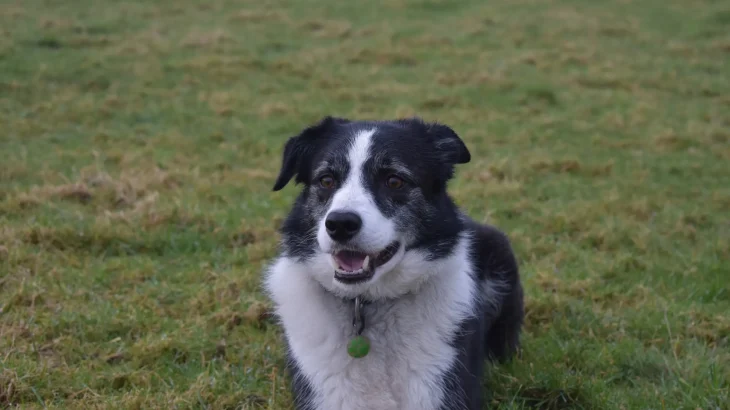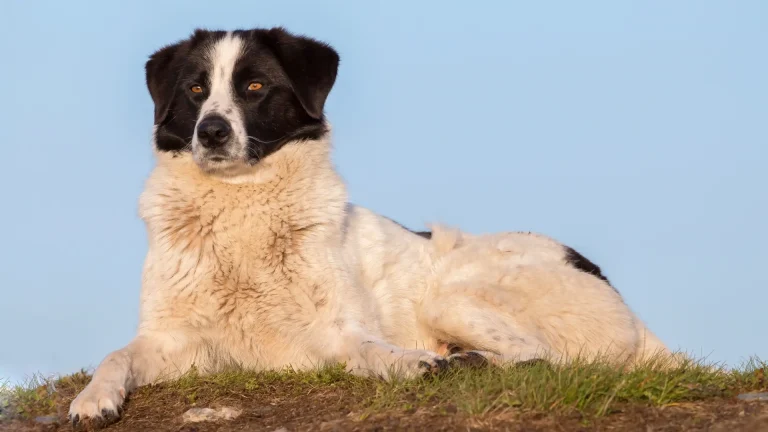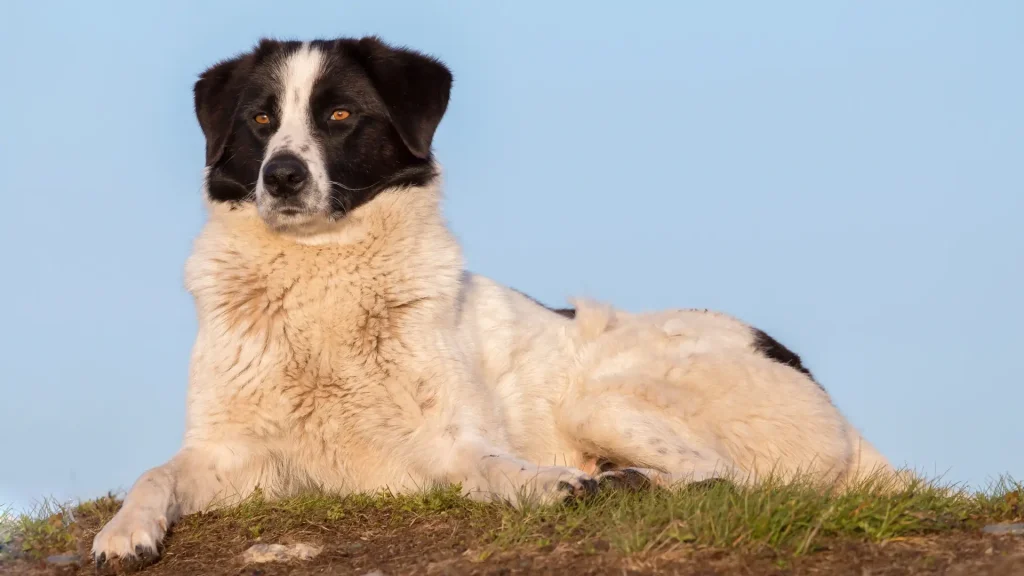Deciding whether to buy or adopt a Carpathian Sheepdog puppy depends on what matters most to you: health assurance, ethical support, and cost. Buying from a reputable breeder usually offers clearer health backgrounds and pedigree details, while adopting can be more affordable and gives a dog a second chance.
Adoption vs. Breeder: Pros & Cons
| Criteria | Buying from Breeder | Adopting from Shelter/Rescue |
|---|---|---|
| Cost | Higher initial cost; breeders charge for pedigree and health screenings. | Lower fees, often includes vaccinations and spay/neuter. |
| Health History | Detailed health screenings and genetic testing reduce unknown risks. | Often limited or unknown history; may need extra vet checks. |
| Age Availability | Usually offers puppies; ideal for early socialization and training. | Varies; puppies less common, adults available. |
| Temperament Insight | Breeders provide lineage temperament info aiding training. | Shelter staff share behavior observations; full background unknown. |
| Supporting Practices | Supports responsible breeding; ensure breeder ethics. | Supports animal welfare by rescuing dogs in need. |
| Breed Purity & Pedigree | Guaranteed breed purity with pedigree documentation. | Breed purity uncertain; pedigree often unavailable. |

